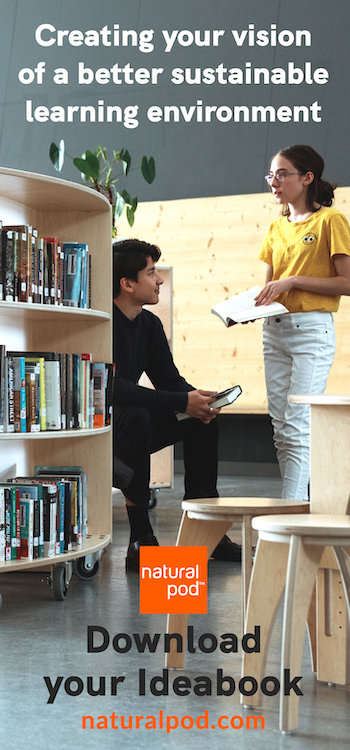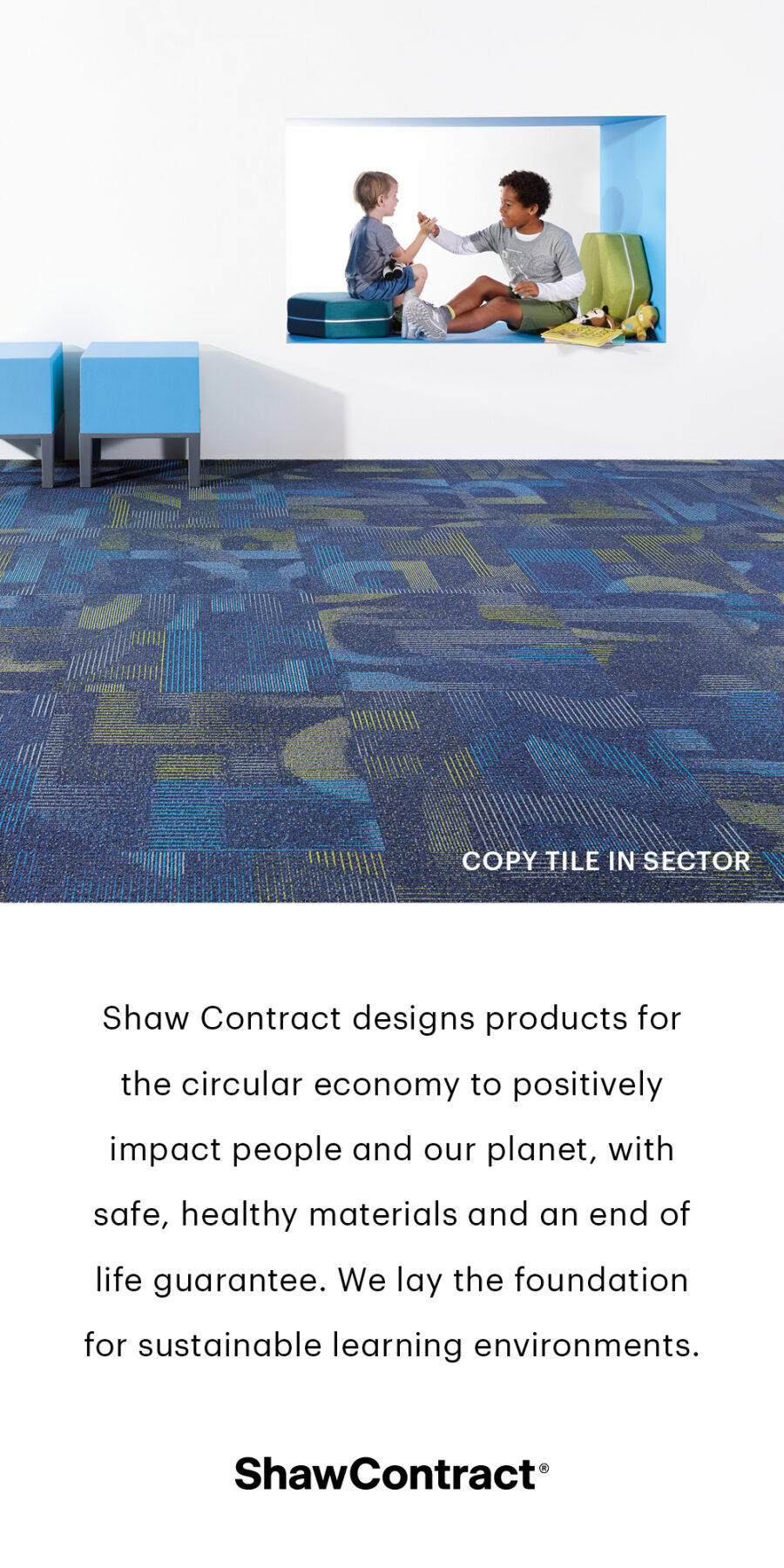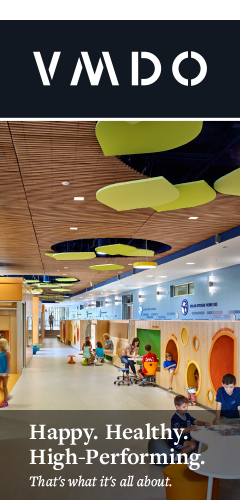By. Cyndy Merse, GSNN Content Writer
With interest in environmental and sustainability education on the rise, there is an increasing demand for high quality curriculum that can be easily implemented in the K-12 classroom. With so many options now available it can be challenging, if not overwhelming, for educators to discern whether curriculum resources are from reputable sources. One organization, however, has stood the test of time and continues to produce tools and resources for K-12 classrooms that have a lasting impact on students and teachers alike. That organization is Facing the Future.
A Global Perspective on Sustainability
Facing the Future was started over 20 years ago as a nonprofit with an interest in promoting global issues. Now a program of Western Washington University, the organization has sharpened its mission over the last few years to incorporate sustainability across its many teaching materials, all while keeping the global focus intact. It is this global perspective on sustainability that makes Facing the Future stand out among other curriculum resources. The curriculum designers have developed tools for educators that equip and motivate students to develop critical thinking skills, build global awareness, and engage in positive solutions for the future. This includes examining the ways the environment, economy, and society are interconnected and creating curriculum that is relevant to, and inclusive of, a diversity of communities.
The issues examined by Facing the Future’s curriculum offer teachers the perfect opportunity to pair classroom lessons with community action. All of Facing the Future’s materials were developed with an eye to increasing students’ capacity to participate as active citizens in their communities. To this end, every teacher’s guide provides step-by-step strategies to help educators design authentic, community-based learning opportunities, including service-learning projects, that are solutions-oriented and encourage students to connect their local experiences to larger global ones.
Teaching the Big Ideas
Facing the Future’s curriculum challenges students to think critically about the global issues we face today and how they are interconnected. Sustainability lies at the heart of many of these issues and plays a central role in tying them together. The transdisciplinary nature of sustainability lends itself well to looking across multiple issues at once to better understand the issue at hand and its impact on society.
Facing the Future organizes its curriculum around eight sustainability big ideas:
- Connecting with Nature
- Equity and Justice
- Health and Resiliency
- Interconnectedness
- Local to Global
- Peace and Collaboration
- Respect for Limits
- Universal Responsibility
These big ideas encompass broad topics and themes, often involving difficult problems and ongoing debates. They also include perspectives and information from multiples ways of knowing, multiple disciplines, and multiple cultures. Throughout the curriculum, students are required to dig deep to investigate the meaning and implications of these ideas and to incorporate them into their own thinking, problem-solving, and decision-making. As a result, students learn how to think, not what to think.
Students are not the only benefactors of this approach. When teachers understand the association of the eight big ideas with sustainability, they are better able to prioritize content, identify learning progressions, develop coherent long-term plans, anticipate student preconceptions, and guide student learning.
Building Better Teachers
Facing the Future believes in building better teachers, and that this objective can be accomplished through implementing its curriculum. Facing the Future’s curriculum resources are developed by teachers, for teachers, with best teaching and learning practices in mind. The materials are designed to supplement, not replace, lesson plans, making it easy for teachers to incorporate the curriculum into existing instruction. Beyond ease of implementation, Facing the Future’s resources resonate with teachers because they:
- Teach key concepts, including systems connections, sustainability, poverty, equity, population, consumption, climate change, health, social justice, human rights, peace and conflict, and governance.
- Build core academic skills in traditional subjects and promote additional skills needed for participating in an interconnected world, such as critical and creative thinking, problem solving, collaboration, and global awareness.
- Reach a diversity of students who are at different levels of learning and who have different learning styles.
- Are highly adaptable and can be used as primary teaching tools for a single course, or as supplementary materials in core subjects.
In addition, teachers can engage with Facing the Future beyond its classroom curriculum by becoming a Peer Educator. Established in 2003, the Peer Educator Program is one of the primary ways Facing the Future provides professional development to educators. Peer Educators are experienced teachers who regularly use Facing the Future materials in their classrooms. They facilitate workshops about their teaching experiences with Facing the Future in their own school or district, at regional professional development meetings, and at national conferences. Peer Educators also have the opportunity to become part of the national Facing the Future Peer Educator Network, enabling them to receive additional trainings and materials related to Facing the Future’s approach. Additional information about become a Peer Educator can be found on the website.
Facing the Future
Currently, more than 1.6 million students from all 50 states and over 140 countries have benefited from Facing the Future’s curriculum, across virtually every grade level and subject area. The curriculum is in use across multiple settings: public schools, independent schools, home schooling, non-formal education, and even in college courses. Extensive student and teacher outcome assessments show that Facing the Future programming not only engages students, but it does so effectively for students with a variety of learning styles and from a wide-range of ethnicities and socioeconomic backgrounds.
So what is next for Facing the Future? The organization plans to stay the course, providing robust curriculum that incorporates a global issues perspective. Planned updates include repackaging and refreshing older curriculum in a modular format for re-release in early summer 2016, and exploring the possibility of expanding curriculum to meet English as a Second Language (ESL) programming needs. Given the accolades and respect Facing the Future has received over its two decades of existence, it is safe to say that Facing the Future will continue to inspire many more generations of students to think big for years to come.
References
Interview with Victor Nolet, Ph.D., Professor, Secondary Education, Western Washington University
Facing the Future website: cedar.wwu.edu/ftfcurriculum/




